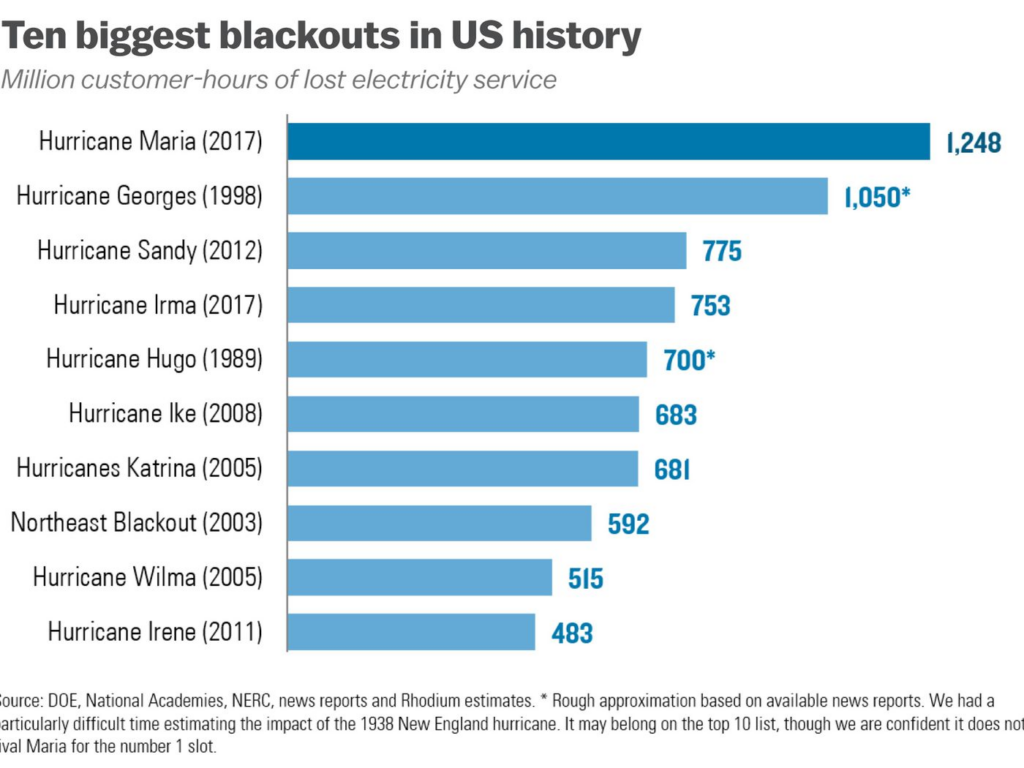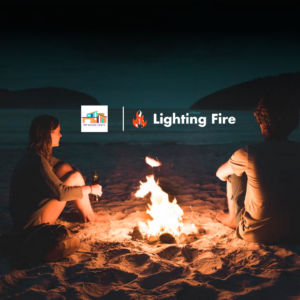Power Outages
Power outages are currently affecting over 100,000 people in the state of Washington in the United States. This has been caused by a fall storm with strong winds and flooding, taking place between November 4th and 5th. Heavy snow will add to the damage over the weekend.

Other Power Outages in History

Other notable power outages are the northeast blackout of August 14th, 2003, affecting 55 million people in North America’s northeast region. For most it lasted two hours, but lasted four days for some. It took 28 days for full restoration. What was the cause? Technology.
FirstEnergy, an Akron, Ohio-based company, had a software bug in the control room’s alarm system. This made operators unaware of having to redistribute load after overloaded transmission lines drooped into foliage.
Many other situations are causing hard times for people around the world, such as inflation, recession, the threat of nuclear war, and much more. This is what preppers are best prepared for.
How to Survive Power Outages
Water
During power outages, people can survive without water for about 3 days. When power goes out, tap water is gone because most people use an electricity-based water system to run. For this reason, it is important to store your own water using containers like bottles. One gallon of water is the minimum daily amount for one person. Beyond drinking it, you’ll have to use it for cooking, bathing, and cleaning clothes and food instruments.
Natural water supplies, such as well water, rivers, or streams, are other options. It is required to boil the water for 60 seconds to safely drink it. Switching your home to well water will provide you with a virtually endless water supply.
Food
Food shortages happen when there’s a lack of food. Even the President of the United States, Joe Biden, warned about them when talking about the War in Ukraine.
Food shortages can happen in many ways. Power outages mean food is going fast at the grocery store and isn’t coming for a while. Debit machines stop working. You’ll have to use cash or barter to trade for items. It is useful to have precious metals, like gold or silver in these situations. Meat or dairy products above 4.4° Celsius for two or more hours makes it unsafe to eat. Use an analog thermometer in case an electromagnetic pulse (EMP) drains batteries of electronics. Freezers will keep food safely edible for two days. Cook food in advance to extend how long it can safely be eaten.
Light
Lights are good for seeing. Candles are your best bet for light. Make sure they’re not near anything flammable and only light them while awake and can see them. Electronic lamps and flashlights paired with batteries are also good, but only until an EMP drains their batteries.
Communication
In the United States, the FCC mandates all cell phone towers to have a four-hour battery backup. An electromagnetic pulse (EMP) wiill drain them immediately. An EMP wouldn’t affect the landlines, but would affect the relay centers that connect phone calls.
If you have other power sources, your phone will work for at least four or five hours after the power grid goes down. Use this time to talk to family, friends, and other important people.
Carbon Monoxide
Common sense and awareness of not having carbon monoxide detectors is all that you can do to stop carbon monoxide poisoning when the power goes out. This is because carbon monoxide detectors are electronic.
Some tips to reduce carbon monoxide:
- don’t start fires indoors, unless it’s a fireplace
- don’t use generators in a closed space as it can leak into the house
Summer
Keep cool by opening doors & windows, wearing light-coloured clothes, working during cooler hours, and cold showers if the water system still works. Avoid alcohol & caffeinate drinks, such as coffee, as they’re more dehydrating.
Heatstroke kills. The signs are:
- Nausea
- Weakness
- Dizziness
- Confusion
- Hot or dry skin
Winter
Stay warm with layered dark, heavy clothes and sleeping in sleeping bags with others for concentrated body heat, similar to how penguins do.
Watch out for hypothermia. Get warm fast if you see the following signs:
- Numbness in the extremities
- Stumbling
- Excessive shivering
- A slowed heart rate
- Lethargy
- Confusion
- Delirium
Protection
Humans are the most dangerous species when the power goes out and disaster strikes. Expect unprepared people to come after those that are ready. Ammo for various guns is key for surviving. It’s also useful for hunting down food.
What is Prepping?
Prepping is a way to prepare for surviving an economic, technological, or natural disaster event taking away the modern conveniences our society is used to. Other names for prepping include survivalist and retreaters. Typical strategies involve stockpiling food and supplies, and learning survival skills, also known as bush craft. There have been many in recent history, with each making more people prepare for the worst.
The Origins of Prepping
The first major event in history that triggered prepping was the Great Depression after the American stock market crashed in 1929. After living through the Roaring ’20s good economic conditions, millions became poor in an environment where savings were wiped out, finding work was tough, and food was rationed. Many were not prepared for a situation like this. Since this event, other disaster events in the form of economic, natural, technological, and the threat of war increased consciousness about being prepped or prepared.
Other major events in history that made people prep were:
- 1950s & 1960s: Cold War between Russia and the United States & Recessions
- 1970s: the 1973 Oil Crisis & Inflation
- 1990s & 2000s: The Y2K scare, 9/11 Attacks, Hurricane Katrina, the Great Recession of 2008
Why are People Prepping Today
Today, there has been a boom in prepping. The main factors are the threat of nuclear war between NATO & Russia, a possible Second American Civil War, food shortages caused by the war in Ukraine, increasing power outages, and increased homelessness due to surging housing prices.
Summary
In summary, there have been many events in history, some being real, and others being false alarms. Though it’s usually been more false alarms, it’s best to be prepared for when things get tough for real.
Are you prepping? What are your reasons for prepping? Leave a comment below and share this with friends to see what they have to say.


